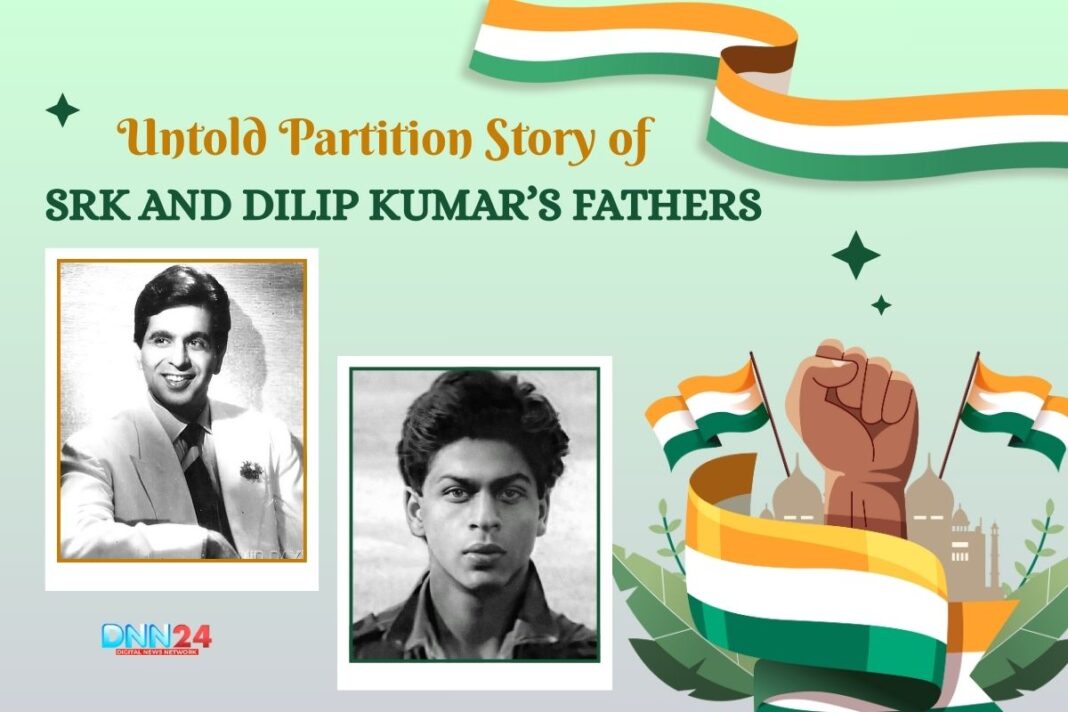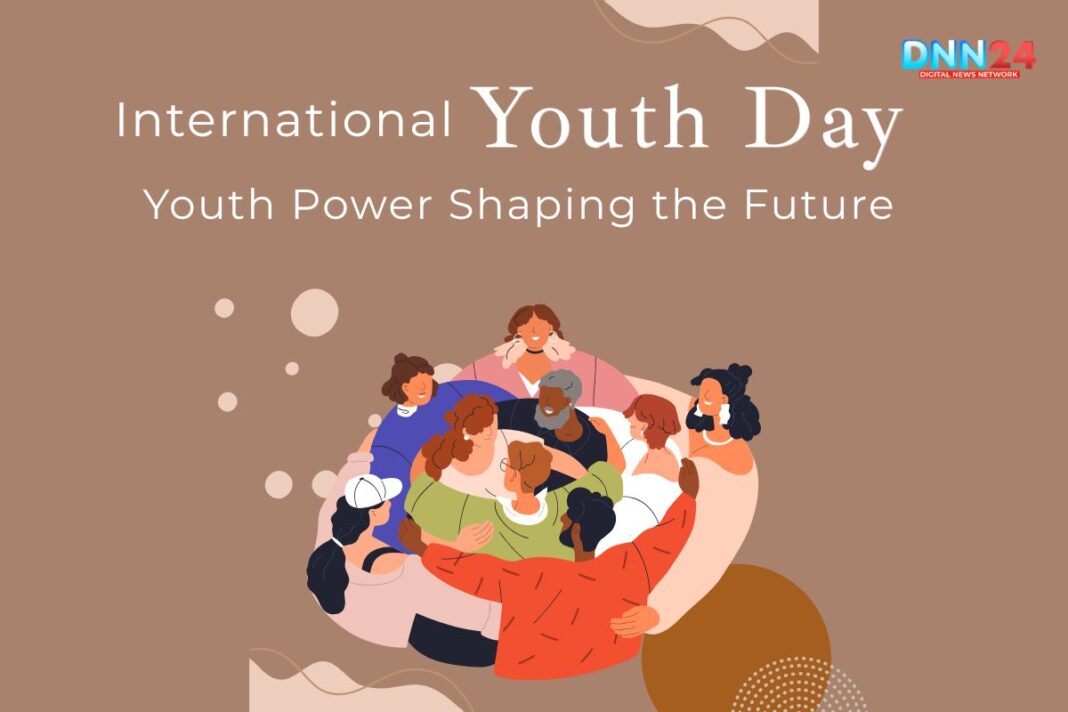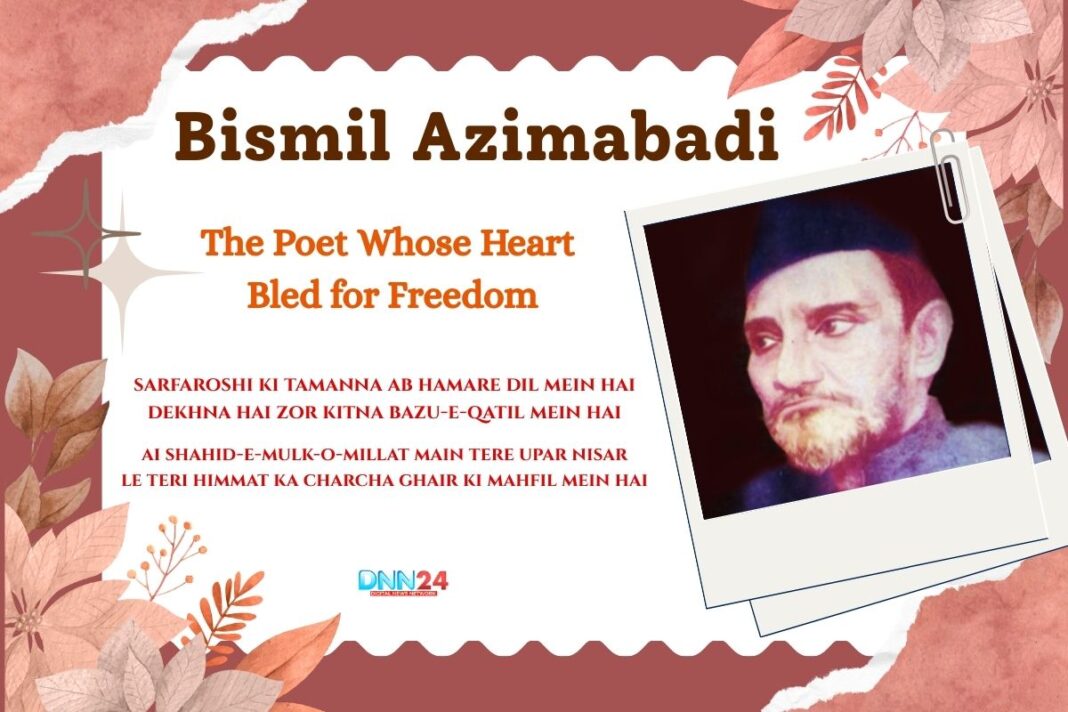India’s independence in 1947 was not just about freedom from British rule; it was also about choosing between two nations. The 1947 Partition story holds a rare chapter in which the fathers of Shah Rukh Khan and Dilip Kumar chose India over division, shaping Bollywood’s timeless legacy of unity, love, and secular ideals. Taj Mohammad Khan, father of Shah Rukh Khan, and Ghulam Sarwar Khan, father of Dilip Kumar, both stood firm against the idea of partition based on religion.
Both these men were Pathans of the same city of Peshawar, and when the time came, they preferred Hindustan to Pakistan. Their tales are not only of individual decisions but of the real spirit of India- a land where love has no boundaries. Their decisions reflected the values of unity, brotherhood, and secular thinking that would later influence their sons’ contributions to Indian cinema. This is the remarkable story of how two fathers from the same background made similar life-changing decisions during one of history’s most turbulent times.
Taj Mohammad Khan: The Freedom Fighter Who Refused Partition
Taj Mohammad Khan was no ordinary Peshawari. He was deeply influenced by the principles of Abdul Ghaffar Khan, famously known as “Frontier Gandhi.” This influence made him a strong opponent of forming a new country based on religion. When partition took place in August 1947, Taj protested against the division of the country in Peshawar itself.
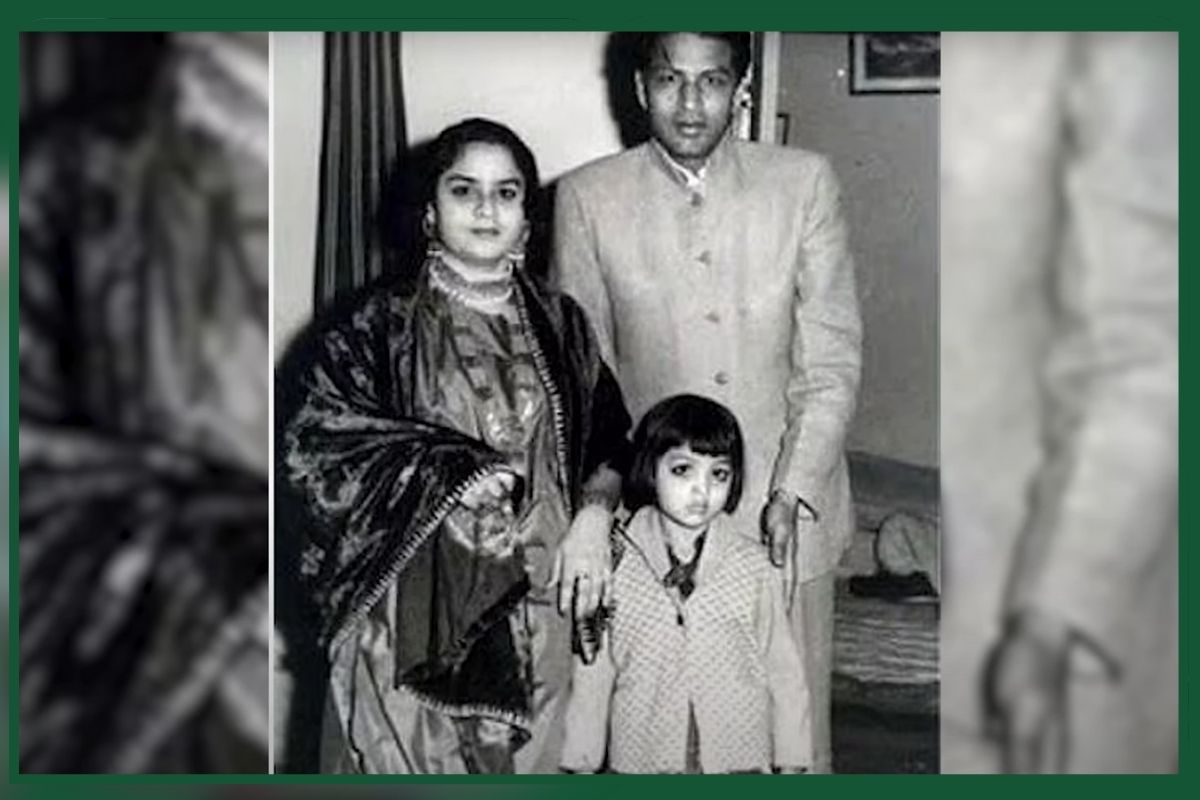
Taj braved the action in the face of relatives and friends. Along with many of his associates, he left Jinnah’s Pakistan in the second week of August 1947 and settled in Delhi. Even after migrating to India, he was faithful to the ideology of Congress. Once in a TV program, Shah Rukh Khan said that his father was one of the youngest freedom fighters. The family’s dedication to India’s independence movement was so deep that Taj and his brother Shahnawaz used to take evening walks at India Gate, discussing the future of the newly independent nation. The decision to remain in India was not only political, but also very emotional and ideological.
When Success Turned Into Threats: Dilip Kumar’s Family Crisis
In 1947, while Taj Mohammad Khan was protesting partition in Peshawar, 1600 kilometres away in Mumbai, a film called “Jugnu” was released starring Dilip Kumar and Noor Jahan. The film’s success initially brought joy to Dilip Kumar’s household. There were phone calls of congratulations and smiling faces. But this happiness did not last long because the congratulations were followed by threatening warnings.
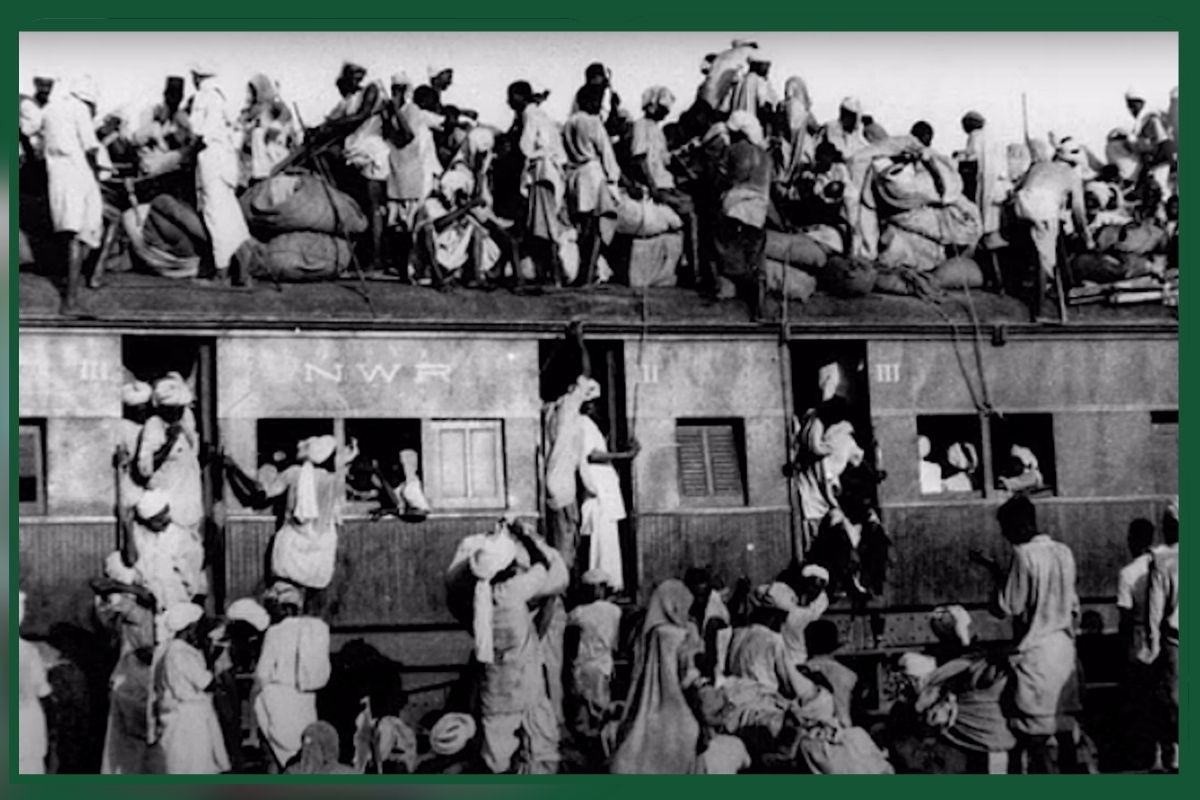
These threatening calls were coming from Peshawar and were directed at Dilip Kumar’s father, Ghulam Sarwar Khan. The callers were his relatives and friends back home, and they were threatening him to leave Mumbai immediately and go back to Peshawar. His son had been successful in the Indian film industry, making him a communal pressure target. It got so severe that what was initially a celebration of artistic success soon turned into a family crisis. Ghulam Sarwar was in a dilemma where he had to decide what he wanted to do for his home country or his new country, fear or bravery, segregation or unity.
The Brave Decision: Choosing India Over Fear
Ghulam Sarwar Khan was a successful fruit dealer in Peshawar and orchard owner in Peshawar and Deolali. He had settled his family in Maharashtra in the 1930s, even before the reality of partition. One of the most significant decisions that Ghulam Sarwar made in his life was when his relatives in Peshawar pressured him to quit Mumbai and go back home.
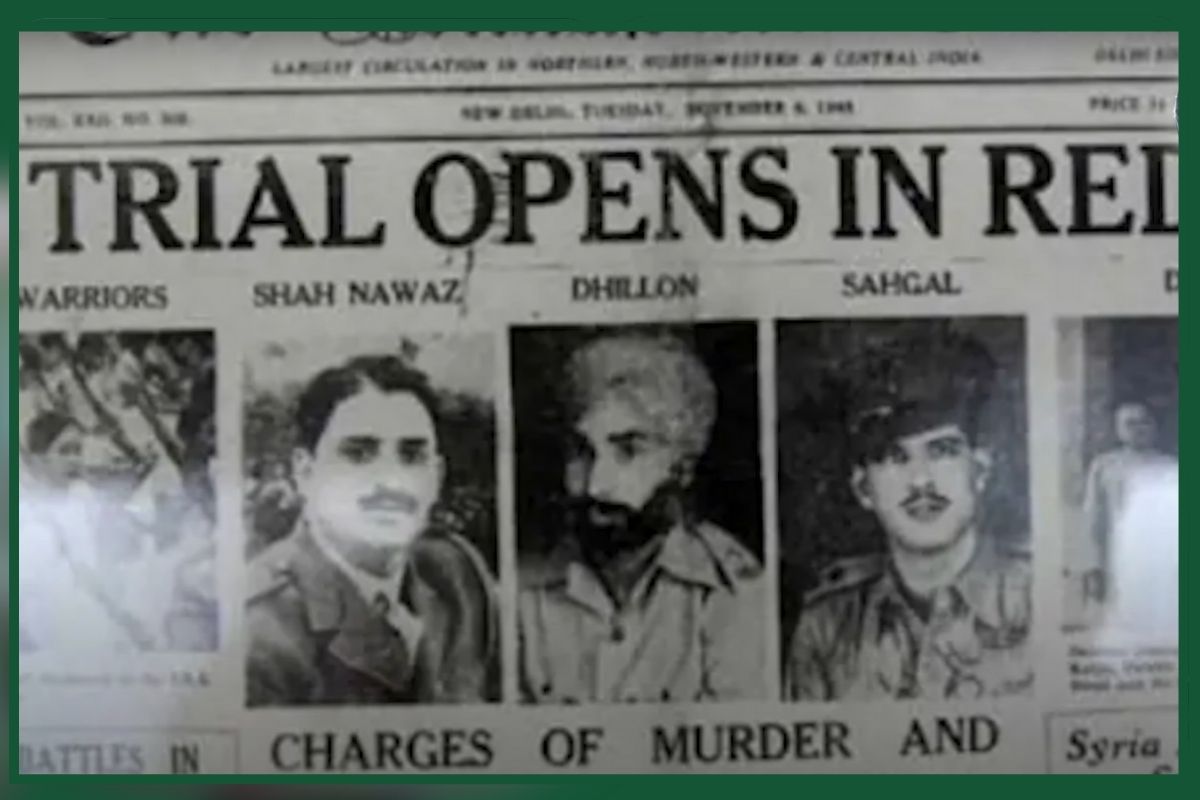
In his autobiography “The Substance and the Shadow,” Dilip Kumar wrote about this crucial moment. When his father got calls from his distant relatives in Peshawar to come home at once, Ghulam Sarwar answered decisively. He said, “Absolutely not! In Mumbai, our backs will be invisible. India is now our home.” These words made him select progressive India instead of the fears and pressures of the partition. It was not only a matter of remaining in a place but of selecting a lifestyle, an ideology, and a future for his children. Similar to Taj Mohammad Khan, Ghulam Sarwar did not prefer the religious division of India, but the secular, different and inclusive vision of India.
The Legacy of Love: How Two Pathans Shaped Bollywood
Taj Mohammad Khan and Ghulam Sarwar Khan were Pathans of Peshawar and made the same decision during partition. They did not make their decisions without love for the idea of India, diversity, and unity. These choices would later influence their sons’ contributions to Indian cinema. Shah Rukh Khan became the “King of Bollywood,” spreading messages of love and unity through his films. In contrast, Dilip Kumar became the “Tragedy King,” portraying the emotions and struggles of ordinary Indians with remarkable authenticity.
The songs mentioned in the beginning – from “Leader” (1964) featuring Dilip Kumar and from “Veer-Zaara” (2004) featuring Shah Rukh Khan – both carry the same message of unity and love for the motherland. These are not accidental but indicators of the values their fathers imparted to them. The memory of 1947 stayed alive through these two great actors who have entertained millions and never failed to deliver the message of love over hatred, unity over division and brotherhood over communal differences. Their fathers’ brave decisions during partition became the foundation for their sons’ contributions to Indian culture and cinema.
Also Read: Talib Chakwali: A Life Woven in Words, Loss, and the Search for Meaning
You can connect with DNN24 on Facebook, Twitter, and Instagram and subscribe to our YouTube channel.

